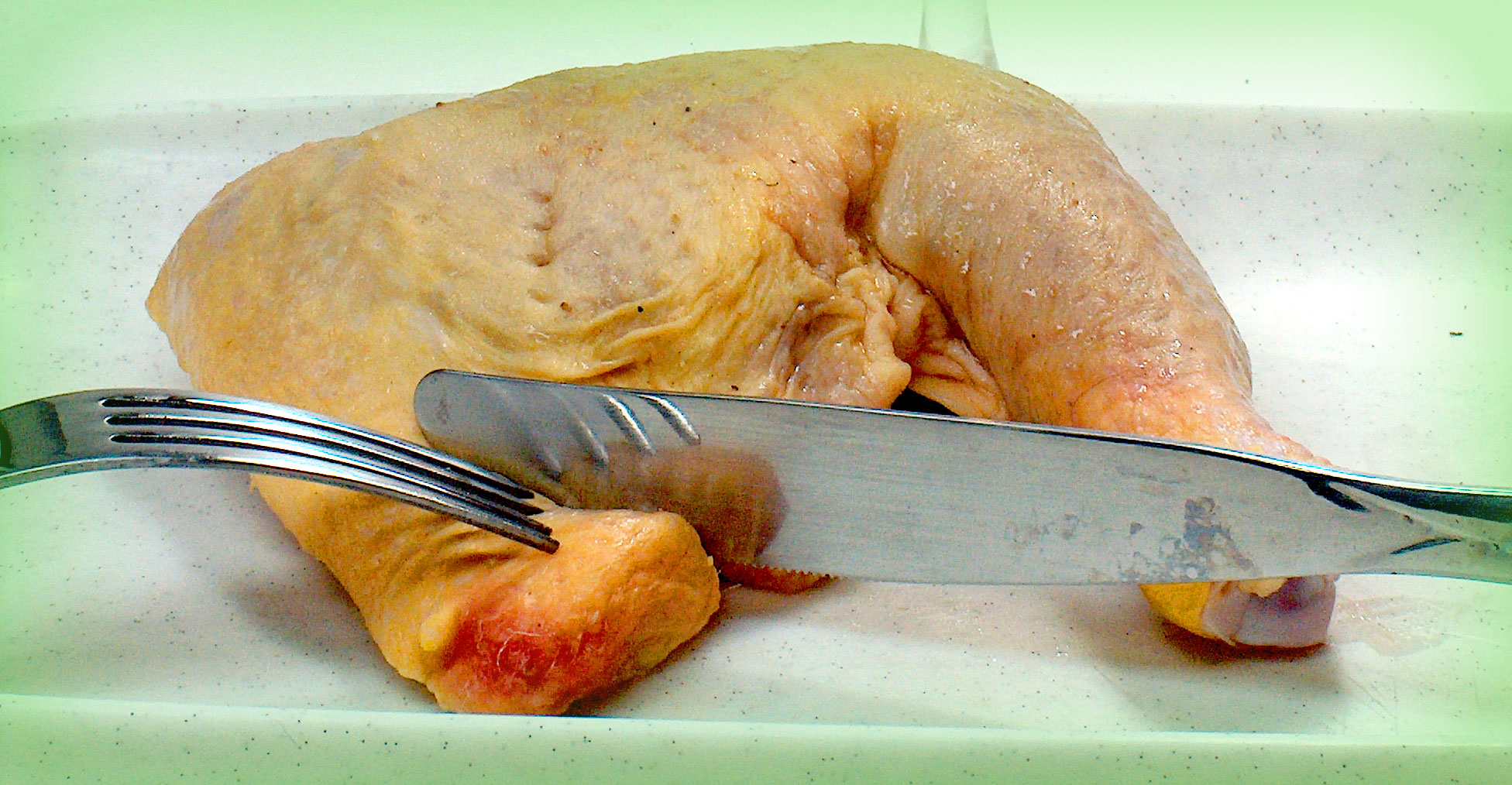Food Poisoning: Your Guide to Prevention
posted on: Saturday July 19, 2014
Every year millions of people experience symptoms related to food poisoning. Typically, symptoms are mild; however, in some instances they can escalate and lead to complications such as paralysis, kidney failure and even death. With symptoms ranging from mild to severe, often it is difficult to recognize the signs. So, how can you know for sure if your illness is just a minor digestive issue or a case of food poisoning? David Oliver, DO, an osteopathic physician from Ocala, FL discusses the signs of food poisoning and provides food safety tips to keep you healthy.
Symptoms may start anywhere from a few hours or days after eating foods contaminated
Signs and Symptoms
Are signs of food poisoning immediate? “Not always,” says Dr. Oliver. “Symptoms may start anywhere from a few hours or days after eating foods contaminated with harmful bacteria, such as salmonella, which is found in contaminated raw meat, eggs or dairy products,” He continues. While symptoms vary due to the type of bacterial contamination, according to Dr. Oliver, sufferers can expect to experience one or more common symptoms like nausea, vomiting, diarrhea, fever, and abdominal pain and cramps. While most symptoms are mild and can be treated at home, Dr. Oliver recommends seeking medical attention if you begin experiencing these severe symptoms:
- Frequent episodes of vomiting or vomiting blood
- Severe diarrhea for more than three days
- Blood in bowel movements
- Severe abdominal cramping
- Temperature higher than 101.5 F
- Dehydration signaled by excessive thirst, dry mouth, little or no urination, severe weakness, dizziness or lightheadedness
- Difficulty speaking
- Trouble swallowing
- Double vision
- Muscle weakness that progresses downward
Food poisoning symptoms often begin to improve on their own within 48 hours. Dr. Oliver recommends visiting your physician for treatment if your symptoms linger or escalate. He also stresses paying close attention to high-risk groups such as infants, older adults, and people with suppressed immune systems for signs of severe dehydration, as they may need to be hospitalized in order to receive intravenous fluids.
Steps to a Smooth Recovery
Food poisoning symptoms can be unbearable. However, there are a few things that you can do to improve your comfort level and prevent dehydration while you recover. Dr. Oliver recommends:
- Sucking on ice chips, taking small frequent sips of water, or drinking clear soda or broths. Drinking plenty of fluids is important to avoid dehydration.
- Easing back into eating by gradually adding bland, easy-to-digest foods like soda crackers, toast, gelatin, bananas and rice into your diet.
- Avoiding certain foods and substances, such as dairy products, caffeine, alcohol, nicotine and fatty or highly seasoned foods, until you feel better.
- Getting plenty of rest.
- Avoiding anti-diarrheal medications (unless prescribed by your physician), as drugs intended to treat diarrhea may slow elimination of bacteria or toxins from your system and may make your condition worse.
Tips to Prevent Food Contamination and Poisoning
While there is no guaranteed method to prevent food poisoning, there are a few key steps that you can take to reduce your risk. Dr. Oliver suggests that you:
- Wash your hands well and often with warm, soapy water before and after handling or preparing food and using hot, soapy water to wash the utensils, cutting board and other surfaces you use.
- Keep raw meat, poultry, fish and shellfish away from other foods in order to prevent cross-contamination.
- Immerse and rinse fruits, vegetables and pre-packaged salad leaves before eating.
- Use a food thermometer to cook foods to a safe temperature.
- Refrigerate or freeze perishable foods within two hours of purchasing them.
- Thaw foods safely by defrosting them in the refrigerator, in the microwave using the “defrost” or “50 percent power” setting, or by running cold water over them. Thawing food on the kitchen counter should be avoided, as food left at room temperature too long may contain bacteria or toxins that can’t be destroyed by cooking.
sound judgment about uncertain foods is the key to reducing your food poisoning risk
Food for Thought
“Generally, implementing food safety guidelines and practicing safe hygiene and sound judgment about uncertain foods is the key to reducing your food poisoning risk and maintaining good health,” says Dr. Oliver. “If you aren’t sure if a food has been prepared, served or stored safely, discard it,” He advises. “Trust your instincts. If there is any type of doubt about your food, just throw it out.”
Preventive medicine is just one aspect of care osteopathic physicians provide. DOs are fully licensed to prescribe medicine and practice in all specialty areas, including surgery. DOs are trained to consider the health of the whole person and use their hands to help diagnose and treat their patients.
